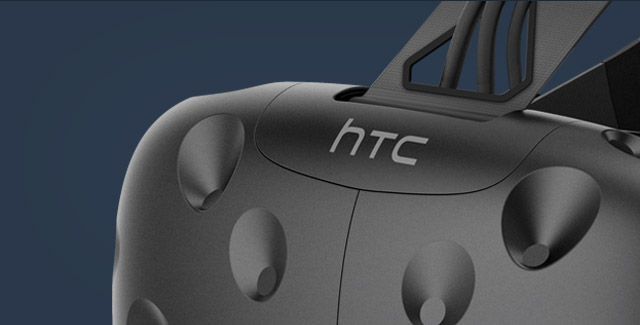For most of its existence, the Internet was largely formed and administered by American organizations. But Asian firms now have the opportunity to be the gatekeepers for the brave, new world of virtual reality.
And the key to domination in virtual reality is real money, so the announcement that Taiwanese smartphone maker HTC has established the Virtual Reality Venture Capital Alliance with 28 venture capital firms helps leverage the fantastic usability of the HTC Vive headset into many more business models in the near-future.
In April 2016, HTC initiated the Asia Pacific Virtual Reality Alliance. Cher Wang, chairman of HTC, announced that the company would implement a Vive X accelerator program and provide a total of over USD100 million funding support to aid VR content and technical teams and establish a VR ecosphere.
Wang Congqing, HTC's VR general manager in China, said that the first batch of entrepreneurial team registrations for the Vive X accelerator program ended at the end of May 2016. HTC received applications from over 1,200 VR entrepreneurial teams from more than 30 countries and regions and over half of them are from China. Those teams cover various sectors, including hardware, software, content and technology.
At the beginning of July 2016, the selected teams will enter offices in Beijing, Taipei, and San Francisco.
And now as part of the Virtual Reality Venture Capital Alliance, many Chinese and Asian VC firms dot the membership list. China eCapital, GGV, Hejun Capital, Innovation Works, Legend Capital, Qiming Venture Partners, Sequoia Capital China, YunFeng Capital, Yunqi Partners, and ZhenFund are some of the backers from Greater China.
Virtual reality services rely on hardware, which usually is manufactured in China. So China has the initial benefit of growing the first crop of truly usable VR devices. But on top of the hardware lies software and services, so unless these Asian companies can solidify their strengths in not only producing hardware, but also software, they will ultimately lose out to companies from elsewhere in the world. Though the HTC Vive headset currently retails for more than USD1000, the price of devices will plummet in coming years and leave innovation in the hands of the software makers.




